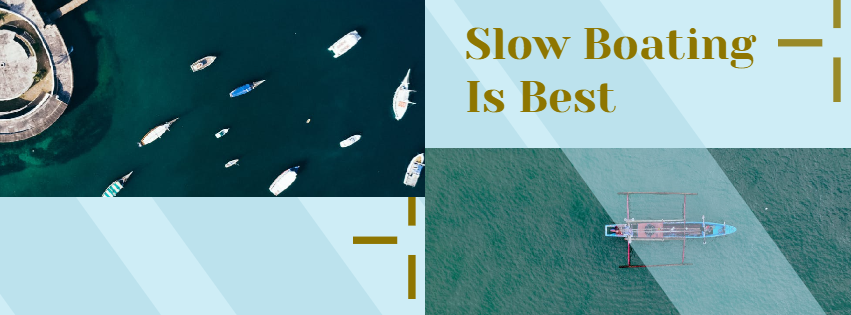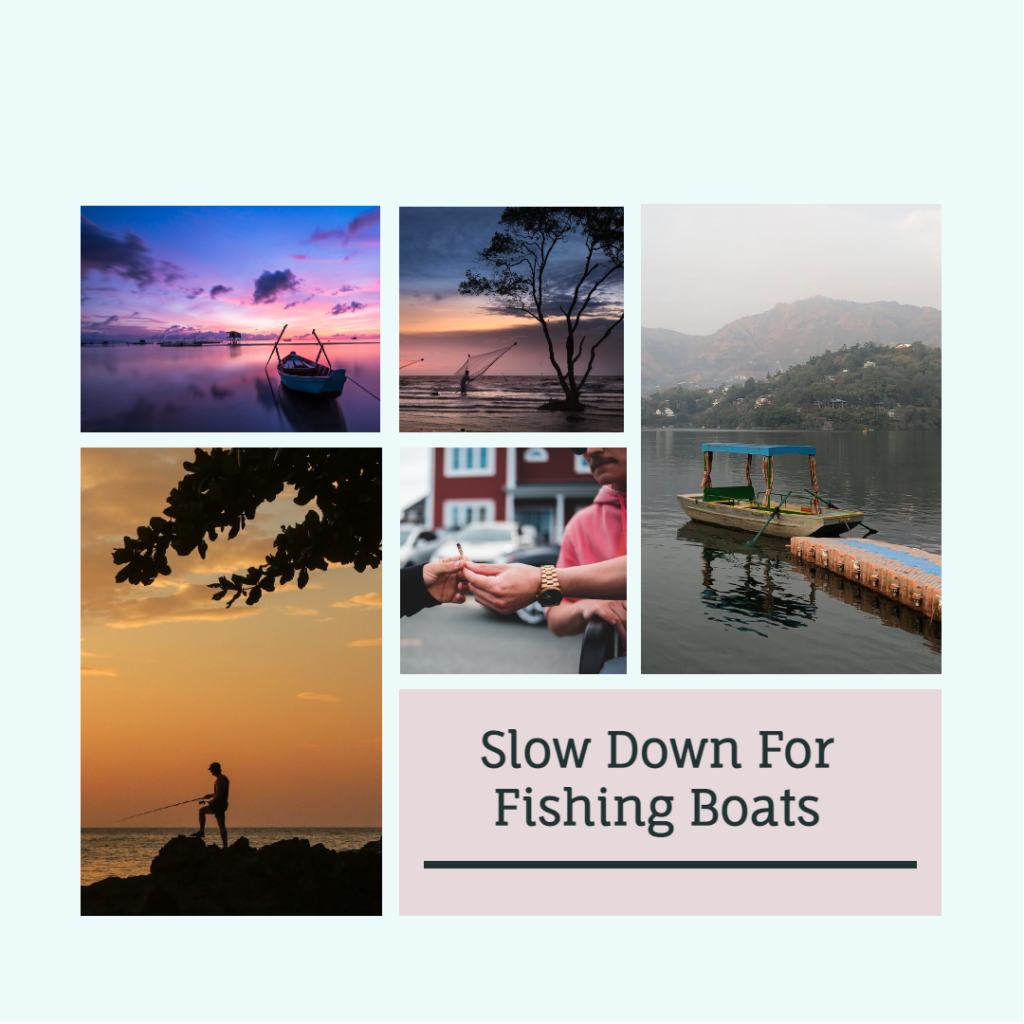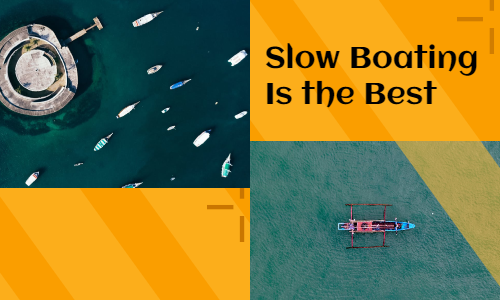More people are boating than we’ve seen in history. And according to the National Oceanic and Atmospheric Administration, it’s been growing steadily since 2000. In fact, the number of recreational boaters has grown nearly 50% over the past decade.
This trend has led to an increase in accidents involving boats, including collisions and drownings.
While most accidents happen while someone is driving a vessel, others occur when a person falls overboard or gets caught in the rigging. For example, some fishermen use long lines to fish for miles away from the shore. If you’re one of those people, you might find yourself getting tangled up in the rope or accidentally pulling a hook into your leg.

If you fall off your boat, you could end up in the ocean and drowning. Or you could encounter another boat or ship. Collisions and near misses are common occurrences, especially during daylight hours.
What Should You Do When Passing a Fishing Boat?
When passing a fishing boat, you want to avoid hitting it because it could cause damage to either vessel. If you are heading straight towards the stern of the other boat, however, you can pass on their starboard side without causing too much trouble.
There are certain rules about what you should do when passing a fishing boat, though.
To pass a fishing boat, steer to the starboard, or right-hand side, of the boat. Honking the horn once signifies your intention to pass, while waiting for one honk in reply indicates permission to pass.
Why Should Boaters Slow Down When Passing Recreational Fishing Boats?
Boating accidents happen every day, and many involve recreational vessels. In fact, according to the National Transportation Safety Board, more than half of all fatal boating accidents occur during leisure time activity. While most boating accidents don’t cause serious injury or death, they can still affect people physically and emotionally.
In addition to being a potential threat to life, boating accidents can lead to financial losses due to damage to property and personal injuries. If someone else is injured in a boating accident, it can be difficult to prove negligence, especially if the operator didn’t violate any laws or regulations. However, if the operator violated any rules or regulations, he or she may be held liable for damages incurred by others.
There are several reasons why boaters should slow down when passing recreational fishing boats. First, the wake from a speeding boat can easily capsize a small fishing boat. Second, the noise from a speeding boat can scare away the fish that the anglers are trying to catch. Finally, it is simply courteous to slow down when passing another vessel, regardless of its size.
What causes the most fatal recreational boating accidents?
Boats can be dangerous. They’re big, fast, and often filled with people. There are many ways to die on the water, including being hit by another vessel, drowning, or getting tangled up in lines. But what are the leading causes of death among those who fish recreationally?

The National Safety Council says that there were over 2 million recreational boater fatalities between 1980 and 2010. Of those deaths, about half occurred during collisions with vessels.
In 2012 alone, there were approximately 830 fatal boating incidents involving recreational fishermen. And according to the Coast Guard, nearly 3,500 people died in boating accidents in 2017.
There are several different types of recreational fishing boats, each with its own hazards. For example, motorboats are much faster than sailboats, so they pose greater risks to swimmers. Boats with large engines are also more likely to tip over in rough seas because they lack stability. Smaller craft like kayaks and paddleboards are less stable and require extra caution around wakes.
But even on larger boats, such as commercial fishing trawlers, there are still dangers. Commercial fishing boats are designed to travel long distances, carrying multiple crew members. This makes it easier for someone to fall overboard accidentally. Additionally, the size of the boat increases the likelihood of a collision with another vessel.
In addition to the danger posed by other boats, the Coast Guard reports that the riskiest areas for recreational boaters include the stern, bow, and sides of the boat. These areas tend to be where people congregate, especially near the edges of the boat. When waves wash over the side of the boat, they can knock people off balance and into the water.
While some of these risks can be mitigated by wearing life vests, safety experts say that it’s best to keep everyone aboard the boat safe. To do this, it’s important to slow down while approaching and passing other boats. Slowing down reduces the impact of the wake, preventing anyone from falling off the boat.
Importance of Slowing Down While Passing Recreational Fishing Boats
One of the reasons why should boaters slow down while passing recreational fishing boats is the number of recreational boats registered in the U.S. alone is over 3 million. In fact, there are about 2.6 million boats registered annually.
This makes it easy for people to buy a boat without thinking twice about the consequences of having one. But, as we know, the consequences of owning a boat include potential damage to others. A wake left behind by a fast moving vessel can cause serious harm to small vessels like those used for fishing. And, even though these boats are often very expensive, the cost of repair could be significant.
So, what do you do if you see someone else’s boat heading towards yours? Do you slow down to avoid hitting the boat? If you don’t want to hit the other boat, maybe you just turn off your engine and let the two boats pass each other safely. However, if you do decide to take action, here are some tips to help you make sure you don’t end up damaging anyone’s boat.
Slowing down while passing recreational fishing boats is important for several reasons. First, it creates a wake that can swamp smaller boats and capsize them. Second, the wake can damage the boat’s hull and engines. Third, it can injure or kill the people on board the fishing boat. Finally, it can disturb the fish that the fishermen are trying to catch.
Conclusion
In summary, slowing down when passing recreational fishing boats is crucial for several reasons. It helps protect the safety of both the anglers and your fellow boaters, reduces the risk of accidents, and minimizes the disruption to the fishing experience.
By being considerate and respecting the space of those fishing, we can create a safer and more enjoyable environment for everyone on the water.
So next time you’re out on your boat, remember to take it easy when you see fishing boats. Not only will you contribute to a more peaceful atmosphere, but you’ll also help keep our waters safe for all who enjoy them. Happy boating!

